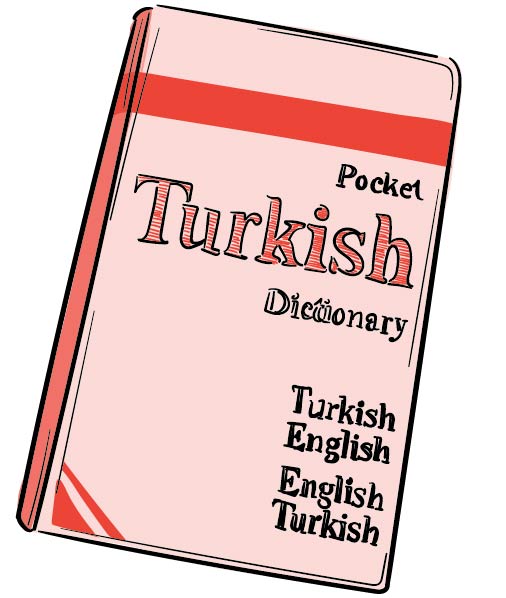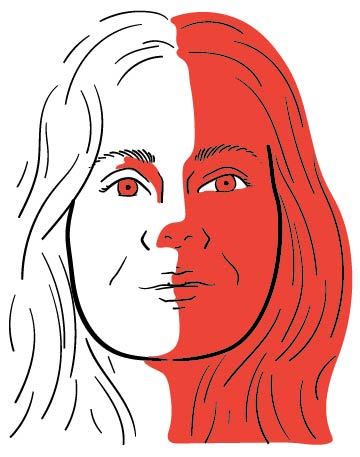FEATUREs:
- Originally from the Turkish and Arabic
- Title of an 1877 novel by George Fleming (a.k.a. Julia Constance Fletcher)
- Name of a 1990s robot built by Dr. Cynthia Breazeal
You have reached your article limit
Sign up for a digital subscription and continue reading all new issues, plus our entire archives, for just $1.50/month.
Already a subscriber? Sign in






